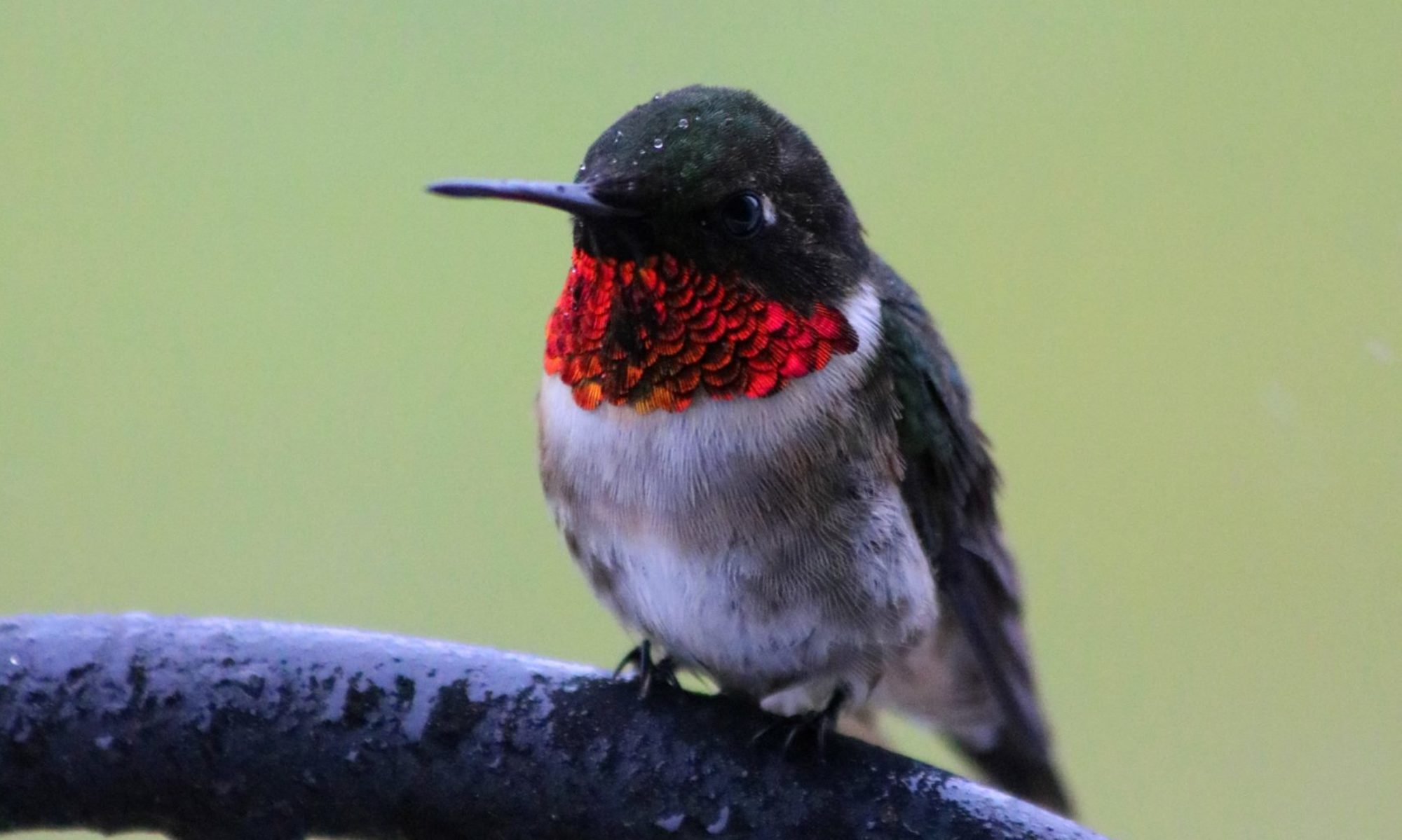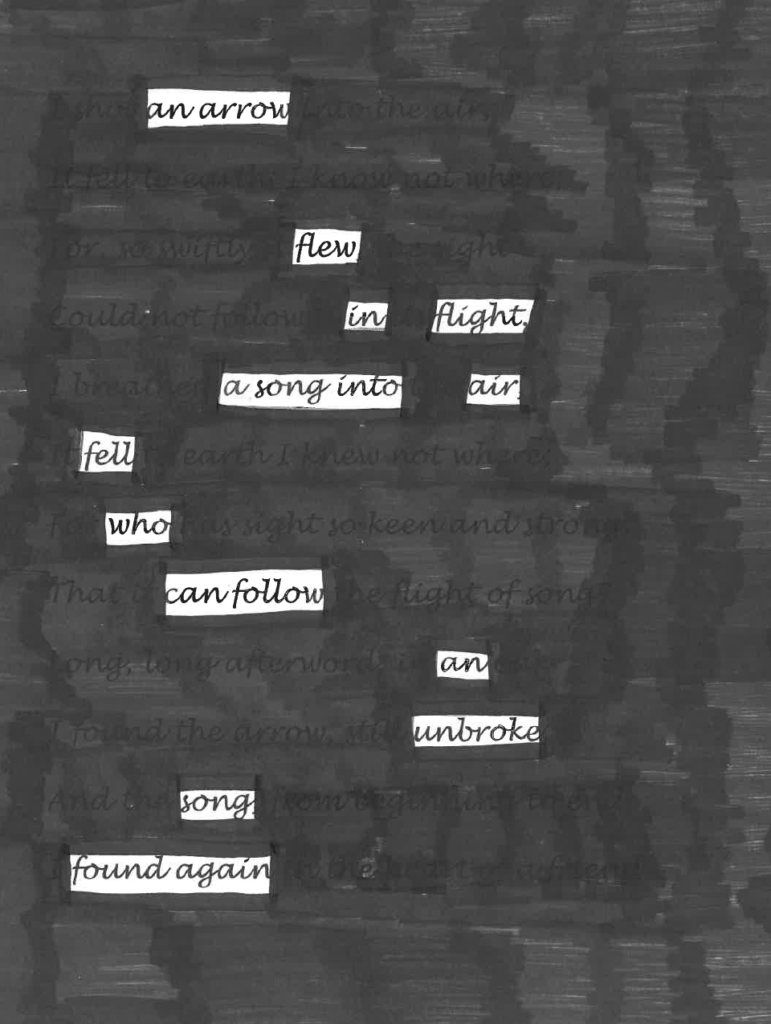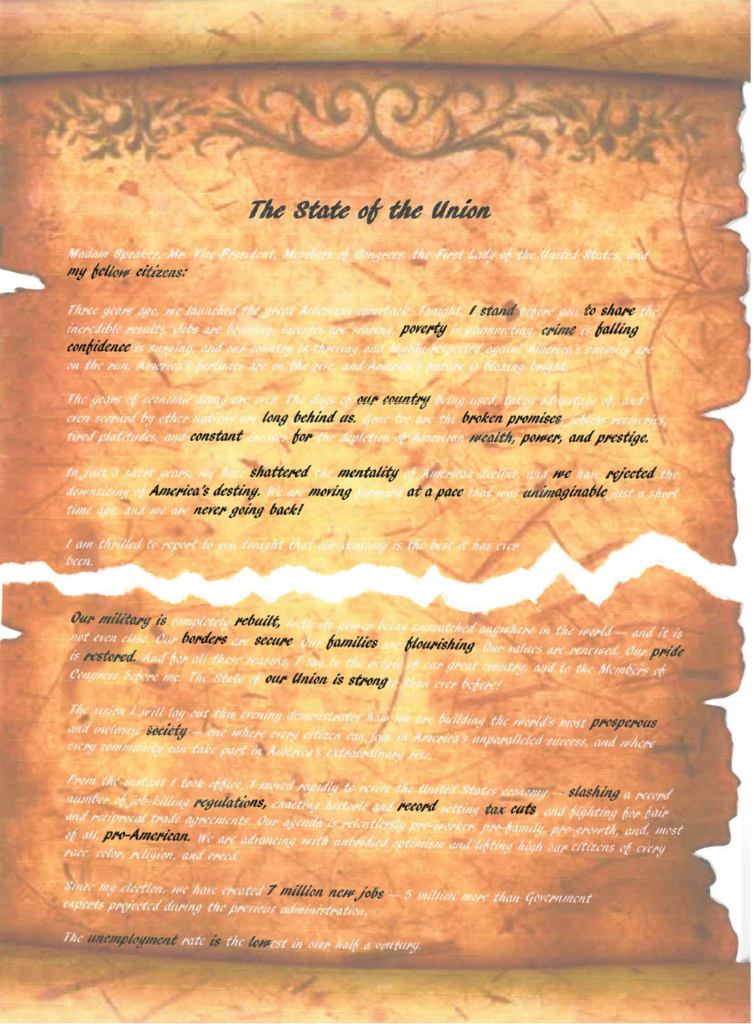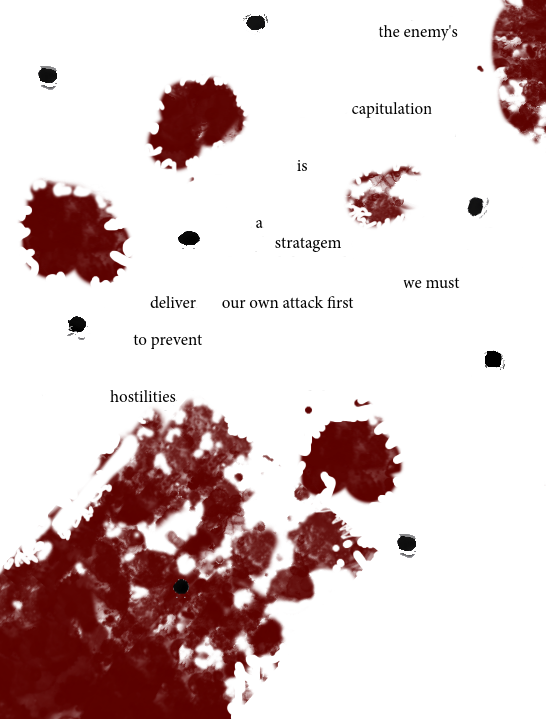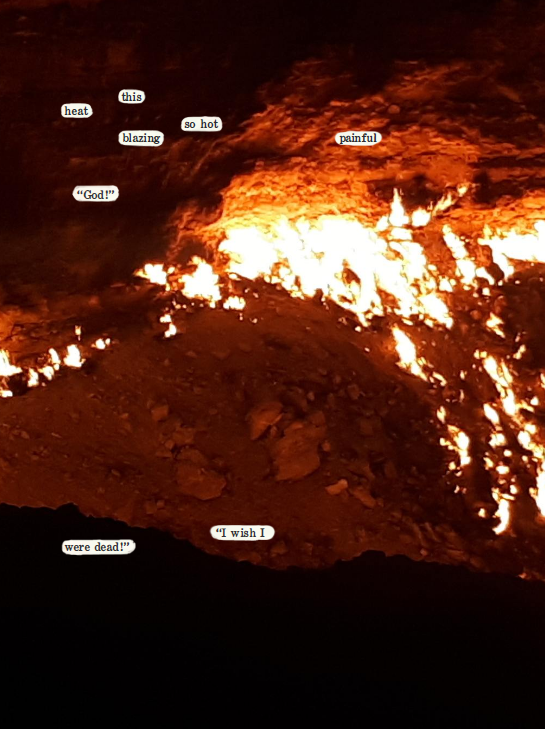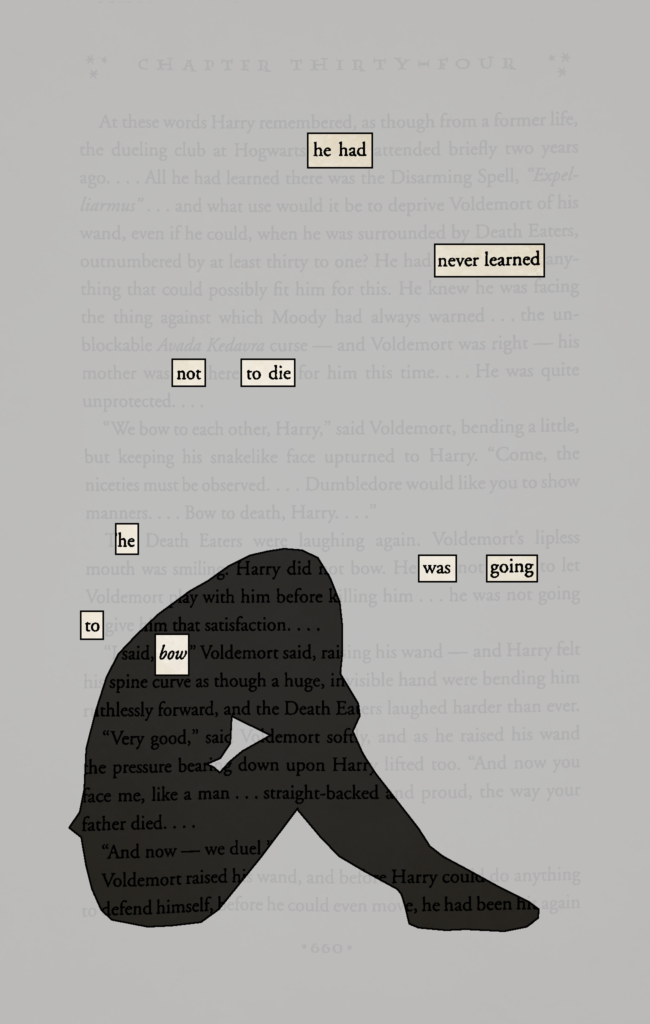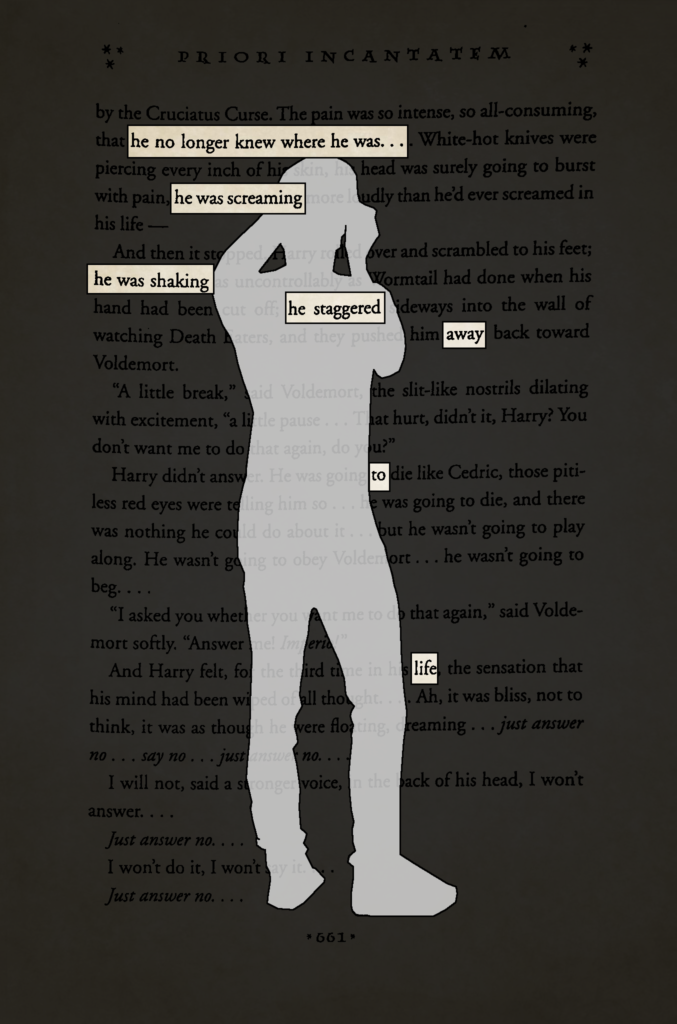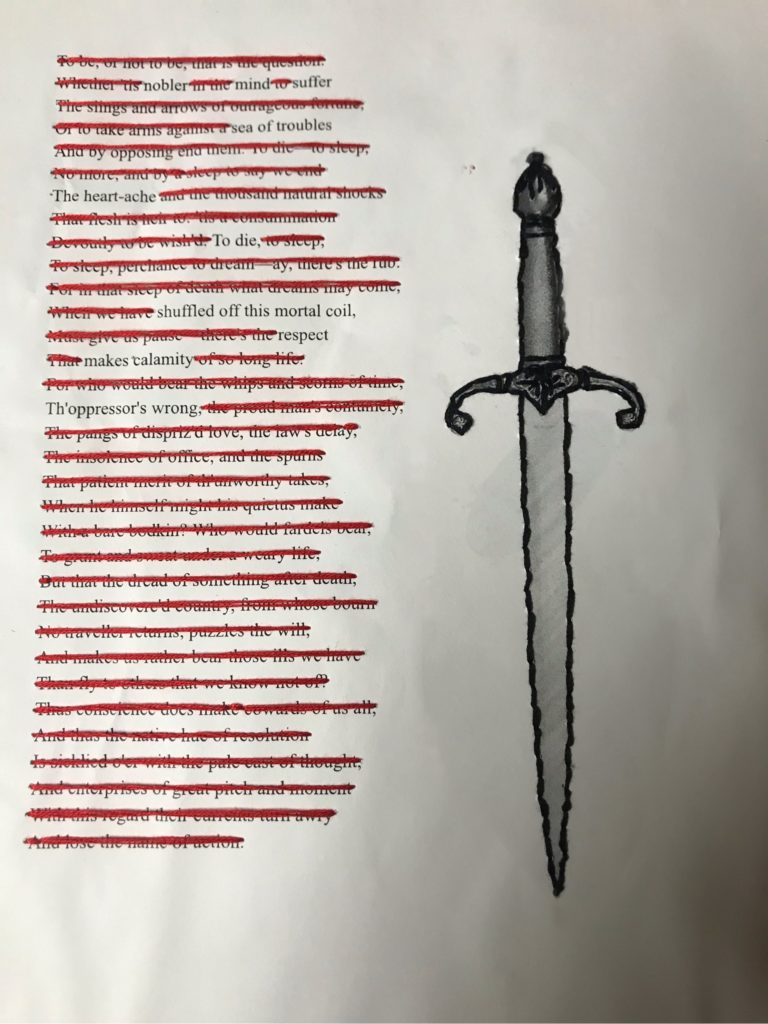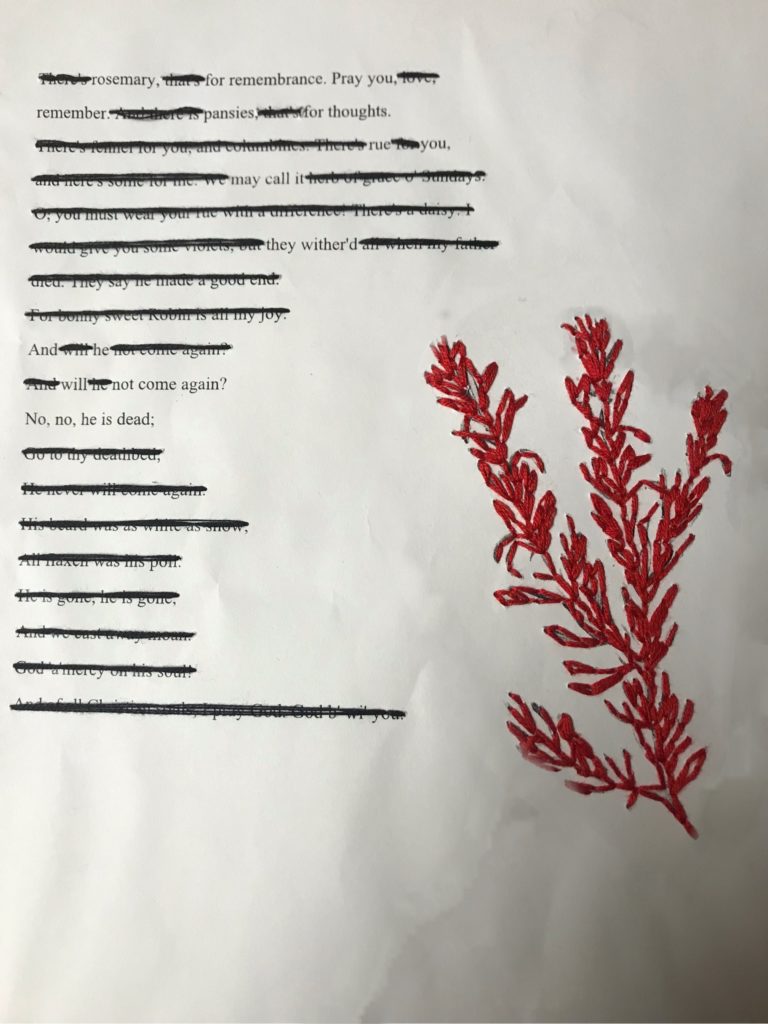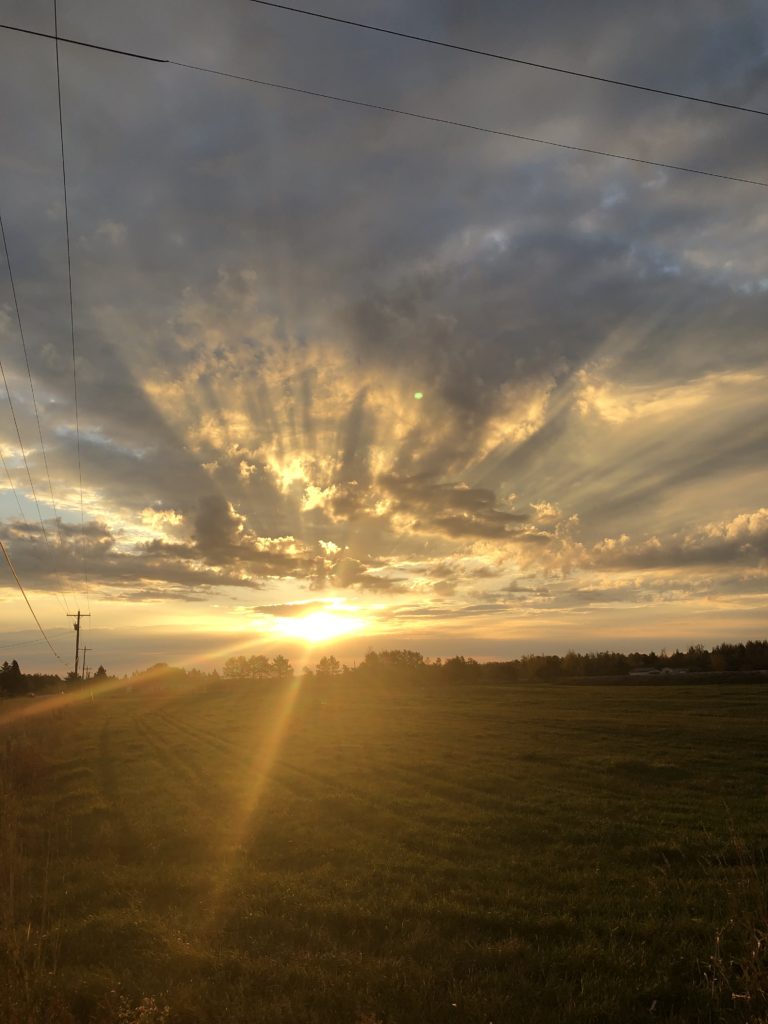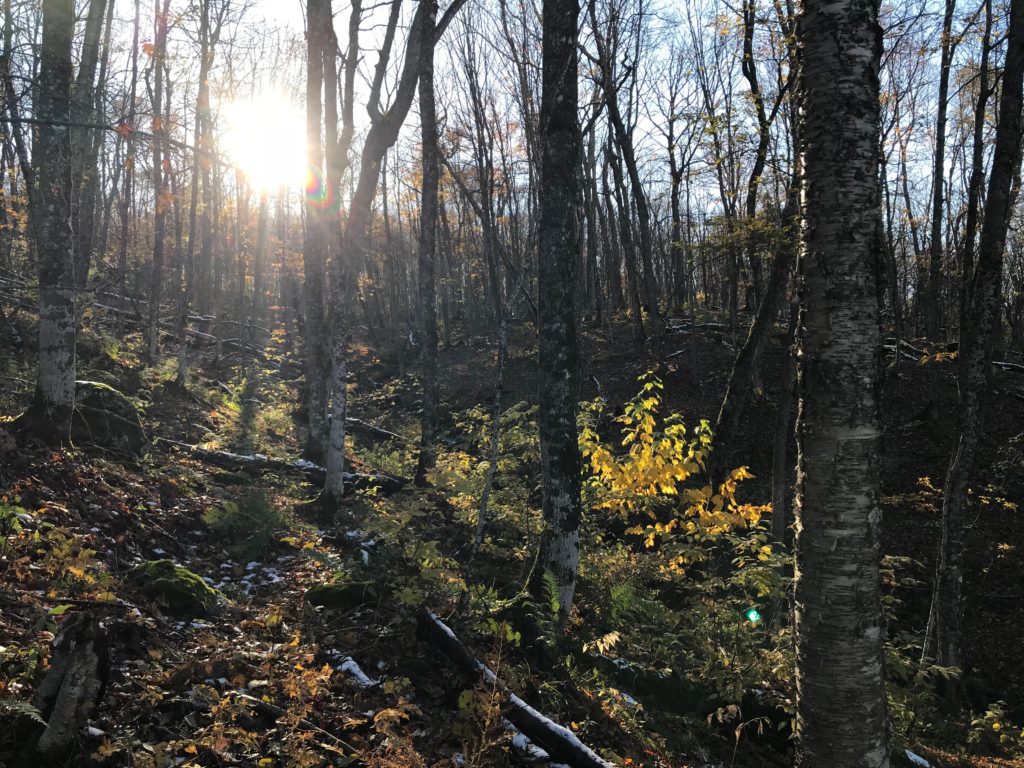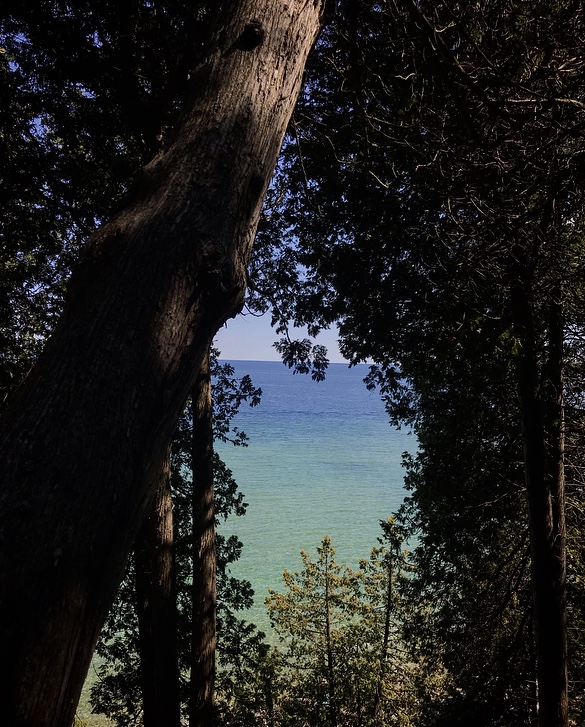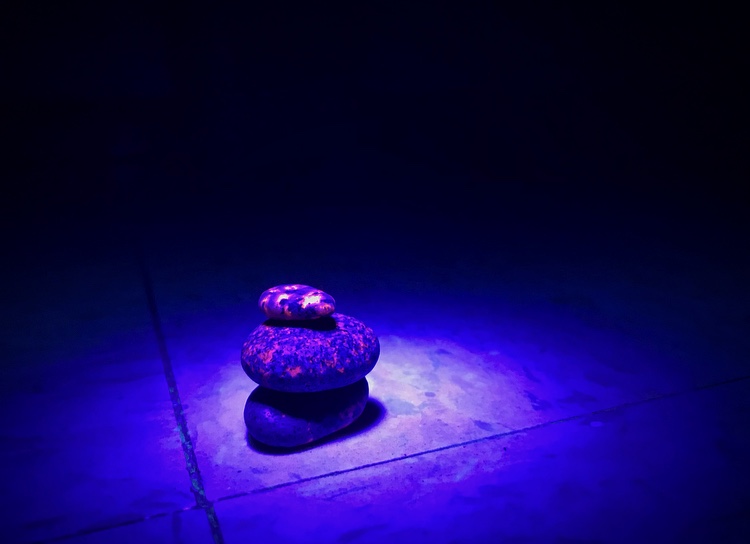Sophia Wessel
ENGL 111 Best Paper Contest Winner, 2020
“Kill the Indian, save the man,” stated Captain Richard H. Pratt in 1892 at George Mason University (Bear 8). Pratt developed a concept to implant white Christian values into indigenous peoples at the expense of their own culture and values. He began with an experiment on the Native Americans at an Apache prison where he subjected them to authoritarian militaristic procedures (Lonetree 5). While some prisoners were traumatized to the point of suicide, most of the prisoners left the prison able to survive in white America. This experiment became the basis for Native American boarding schools where young children had their families, culture, language, and names stripped away from them.
Roger D. Herring, a psychologist and well known author, notes the immense diversity of Native Americans encompasses 252 languages and 280 tribes, and with them hundreds of different cultures. While each Native tribe has their own cultural values, the tribes majorly agree on; coherence with nature and others, current time orientation, narrative and hypothetical instruction, respect, anonymity, and unity (Herring 1). These values are vastly different from the capitalistic white America values which include: competitiveness, individualism, punctuality, justice, logic, and power (Kohut 14). These various values clashed with the Native Americans’ cultural values when they began schooling. Generations of children across various tribes of Native Americans were forced from their homes into the custody of the federal government and their coveted boarding schools.
One former student of the Native American boarding schools, Leo Lajimodiere, shared his story in “A Healing Journey” by Denise Lajimodiere. Leo Lajimodiere was placed into the care of a fellow tribal family after his mother passed away when he was two. In his household, where he remained until he was nine years old, he spoke only Cree, his Native language. While his foster family were able to raise Lagimodiere with the support of rations provided by the government, when the government threatened to take their rations away they were forced to surrender Lajimodiere.
Lajimodiere was placed onto a train with five other Native American children from his tribe, including his older sister, who he was separated from upon arrival at the school. When he tried to communicate with his sister on the train he recalls “the white matron traveling with us would slap me, shouting something at me I had no way of understanding” (Lajimodiere 6). Upon arrival at Chemawa Industrial School, Lajimodiere’s hair was cut deloused with kerosene, a type of gasoline. His living arrangements included a crowded dorm room where there were two children per bed. He recounts children dying in their sleep and stated that, “They died of loneliness” (Lajimodiere 6).
Lajimodiere recalled a time he was punished for gossiping that two staff members liked each other. The gauntlet was determined to be the suitable punishment for his actions. The gauntlet was a type of whipping where one fellow student would restrain the offender’s hands while another student would restrain the offender’s feet. The remaining students would then line up and whip the offender as hard as they could, if they were caught whipping gently they would have to replace the offender and receive the punishment. Lajidomiere passed out from the pain of the gauntlet punishment and woke up in the school’s infirmary, where he spent two weeks sleeping on his stomach while his back healed. Lajidomiere was fortunate to survive. He recalls another student who had died from the gauntlet punishment due to his kidneys rupturing. The commonness of Lajidomiere’s experiences at the Chemawa Industrial School is devastating among the Native American community.
Lagidomiere experienced the purpose of these schools, which was to convert the Native Americans from their “savage” ways into the capitalistic culture of white America. According to President Ulysses S. Grant’s “Peace Policy” of 1889, sending the Native American children to a boarding school was more economically beneficial than using military force to control them (Pember 25). The government would force the parents of the children to send them to school with the threat of losing their reparations. As the government had previously forced the Native Americans off of their land and sentenced them to live in destitute land where there were few animals to hunt and poor soil, they lived off of what the government could provide. By threatening to take away reparations, they necessitated the Native Americans to surrender their children in order to prevent starvation. Even through facing possible starvation, the Hopi Indians in Arizona continued to resist sending their children to the boarding school by hiding them. While multiple tribes chose to hide their children over surrendering them to the boarding schools, most conceded at the mention of starvation, however, the Hopi Indians continued to resist and 19 of their men became imprisoned at Alcatraz (Lonetree 8). While the government advocated for voluntary enrollment of Native American children, this clearly was not the case.
The Native American children were forced into an unfamiliar culture. The children were trained in a European American style. They were combated with learning English, being stipulated into European American gender roles, and learning European American history, religion, and cultural values (Schacht 5). Not only was their academic knowledge reconstructed upon arrival at the boarding schools, but their upbringing was as well. The children also were forced to heed to the European American style of child-rearing, which had a significant reliance on punishment (Schacht 5).
When an entire generation of Native children were forced into militaristic boarding schools at ages as young as five years old, the “parenting” these children endured remained as the parenting style these children understood. There are three separate forms of parenting; authoritarian, authoritative, and permissive. The authoritarian parenting style values obedience and uses punishment when children do not perform up to the parent’s expectations. A Japanese study published in 2013 found that, “…Both maternal and paternal authoritarian parenting styles worsened respondents’ later mental health, including symptomatic problems, risk to self and others, life functioning, and psychological well being” (Uji 2). While authoritarian parenting is common in most cultures, Native Americans traditionally raise their children using praise, which relates more closely to permissive parenting. When the children would do good things, such as helping with a fire or watching their elders, the children would be praised through stating that their child is a good child because of what they did, encouraging good behavior opposed to punishment for negative behaviors (BigFoot 310). This dramatic shift in parenting style conflicted with Native American cultural beliefs regarding families, believing that all children have “good seeds” in them, those seeds just need to be nurtured.
The mindset of fear and authoritarianism carried with the children past their times at the schools. Historical trauma is a term often used by scholars when describing the psychological effects on a group of people after a traumatic event attacking their culture but not directly impacting the individual. Historical trauma, “highlights the idea that the accumulation of collective stressors and trauma that began in the past may contribute to increased risk for negative health and social outcomes,” among descendents of initial trauma survivors (Bombay 2). Miriam Schacht, an English professor at the University of Wisconsin with a PhD in Native American literature, states “Upon release from the schools, survivors reported a legacy of alcohol and drug abuse problems, feelings of hopelessness, dependency, isolation, low self- esteem, suicide behaviours, prostitution, gambling, homelessness, sexual abuse, and violence” (Schacht 5).
William Wright, a Pattwin Indian and a former student of Stewart Indian school voiced his concerns at the mention of child-rearing. Wright said in an interview, “You grow up with discipline, but when you grow up and you have families, then what happens? If you’re my daughter and you leave your dress out, I’ll knock you through that wall. Why? Because I’m taught discipline” (Schacht 1). Wright’s mindset is a common mindset of former students of the Native American boarding schools, and when they continue this mindset towards their children, their children will have a similar mindset and pass it down to their children and their children’s children.
Another source of trauma for the students at the Native American boarding schools was the shame associated with Native American culture. The curriculum at the schools indoctrinated a subspecies mindset in the Native Americans in comparison to European Americans (Pember 26). This instilled a sense of shame associated with the Native American culture into the students. As the students were navigating the European American culture, they were often beaten for displaying any “Indian tendencies” (Pember 25). This included speaking their Native languages. If the students were caught speaking anything in Native American tongue, their mouths would be washed out with lyre soap (Pember 25). While some students retained fluency in their first language at the conclusion of their individual stays at the institutions, the former students continued to associate shame and humiliation with their language and culture, which prevented them from passing the knowledge to their own children resulting in a complete loss of language in many Native American tribes (Schacht 5).
After leaving the boarding schools, many Native Americans brought back with them a memento of their stay at the boarding schools, a number tattoo (Dawley 30). Upon arrival at the schools, the children were given a new European name and a number was tattooed on their left wrists to assist with identifying the students. While this helped to keep track of the Native American children who often forgot their European name upon first arrival at the schools, their skin was permanently marked with this identification tool for the rest of their lives.
The Native American schools were different from all other public schools, and the Native Americans were not permitted to go to any other schools. While the traditional public schools taught “white collar” skills such as arithmetic and grammar, the Native American schools taught “blue collar” skills, such as carpentry and housekeeping (Bear 11-12). This emphasizes the government’s goal of integrating the Native Americans into society for their own advantages, in order to build a coherent Protestant society while preventing Native Americans from surpassing their white counterparts.
Not only were the lessons in the boarding school constructed to make low level workers or the Native Americans, but the schools were devised to remove any remains of Native American culture from the children. The children were taken at young ages, some being admitted to the school as young as five years old (Pember 25). Most children came to the schools knowing little to no English and were forbidden from speaking their native languages, making communication virtually impossible. If the children were caught speaking in their native language they would be beaten or their mouths would be washed out with lyre, soap, or both (Pember 25). The schools would take everything from the children, from cultural artifacts such as beading, to cutting their hair, to giving them a new English name and a number opposed to their birth name. The number given to the children was often tattooed into their wrist to assist with identifying the children (Dawley 30). The children faced emotional, verbal, physical, and sexual abuse within the boarding schools by both the faculty of the schools and their peers. Perpetually, the children who faced the sexual abuse would not speak of it for they felt as though they were isolated and as though no other individuals faced similar incidents. However, all forms of abuse were exceptionally frequent within these institutions.
Along with the abuse the students face, it was not uncommon for them to die while at the schools. In one Native American boarding school, Hampton, one out of every eleven students died in the first 10 years the school was open (Schacht 6). Students frequently passed away from preventable diseases and starvation due to the lack of funding the schools received (Pember 1). While the schools became better funded after the tragedy of many Native American deaths, it does not rectify the lives that were lost.
Children were forced to perform hard labor in order to survive. Most of the Native American schools had dairy farms or agricultural farms that the students were expected to maintain in order to be fed. Even after the introduction of child labor laws in 1938, the children at the Native American schools retained their same duties.
Leo Lagimodiere learned carpentry from the boarding school he attended and used those skills to support himself and his future family. This however, came at no small cost. Upon return from the boarding school, Lagimodiere spoke only English and was accustomed to the rigid schedule of the boarding schools. No longer conforming with the tribe, Lagimodiere was sent back to boarding school, after which he enlisted in World War II. After the trauma that Lagimodiere went through, he drowned his sorrows in alcohol and became an abusive alcoholic. Lagiomodiere would beat his wife and children, of stating “I want to be a man, not a fucking Indian” (Lagimodiere 8). The despair Lagimodiere experienced his entire life was passed onto his children where his daughter, Denise, describes her suffering as “unresolved grieving” (Lagimodiere 1).
The Native American community has been continuously discriminated against since 1492 when Europeans came to America. Throughout history Europeans have pushed the indeginous people out of their land forcing them to locate further West until they reached the Pacific Ocean. Native Americans were then sentenced to barren land that the European Americans had no use for. Even after the Native Americans were separated from the European Americans, the European Americans wanted to exploit the Native Americans to enhance their society by forcing them into boarding schools. Now, Native Americans are discriminated against with higher rates of children placed into the care of Child Protective Services (CPS), higher rates of drug and alcohol abuse, and higher rates of poverty than European Americans as a result of the historical trauma they faced as a culture (Conan 7).
“Parental authority is hardly known or exercised among the Indians in this agency,” stated John S. Ward, a United States Indian Agent, in the Annual Report of the Commissioner of Indian Affairs to the Secretary of the Interior in 1886 (Bear 13). This remains a common view point of some non-Native Americans due to the differences in Native American child rearing. Native Americans tend to believe that a community raises a child and Native Americans often rely on assistance from their tribes to raise their children.
While sometimes, Native Americans have their children taken from them under claims of neglect, most often the reason for it is due to the small amounts of toys and food Native Americans keep in their households. Often, for enjoyment and nourishment, Native Americans commune and play together in tribal buildings (Conan 7). Native Americans have the resources to raise their families, they simply do not keep them within their households. Nonetheless, people are not normally taught Native American culture nor about their child-rearing traditions, so social workers, who believe that they are helping the Native American children by removing them from supposed neglectful environments, are harming them by taking them from safe, healthy, loving homes (Graman 1). This mirrors the Native American boarding school. While previously, Native American children would be taken from their homes as a means of “education,” now they are taken from their homes as a means of “safety.” This is not to say that there are no Native American children in neglectful homes, simply that the cultural practices of Native Americans gives the illusion of neglect.
To illustrate the mass numbers of Native Americans in foster care; Native Americans account for 1% of the population of Idaho, yet account for 6.6% of the children in foster care. In Washington, Native Americans make up 2% of the population while 8.4% of the children in foster care are Native American (Graman 1). Due to the correlations between the Native American boarding schools and the American foster care system, legislatures introduced the Indian Welfare Act.
The purpose of the Indian Welfare act was to prevent the government from dismantling the tribe by stating the children who are removed from Native American homes must be placed with a relative or other member of the tribe (Conan 4). However, a 2005 government accountability report stated that 32 states were failing to abide by the rules of the Indian Welfare act (Conan 2). This is especially common in poorer states, where the Federal government reimburses costs spent on foster care at a higher rateb (Conan 4). Foster care boasts the economy in these less wealthy states as it provides jobs for its citizens, which encourages more children to be taken out of their homes.
While foster care is a troubling issue that Native Americans continue to face, other points of concern include the poverty rates among Native American communities. According to the 2007-2011 American Community Survey (ACS) 14.3% of the U.S. population’s income is below the poverty level while 27.0% of American Indians’ and Alaskan Natives’ incomes are below the poverty level (Macartney 1). There is a strong correlation between Native Americans who live on the reservations and Native Americans who live in poverty (Asante-Muhammad 2).
Not only are Native Americans more likely to live in poverty, but they are also more likely to commit suicide. According to the Center for Disease Control and Prevention (CDC), 14.0 people for every 100,000 commit suicide. The suicide rate for female Native Americans was 20.7 people for every 100,000 in 2017, while male Native Americans had a suicide rate of 58.1 for every 100,000 (Curtin 1). The pain and suffering that Native Americans faced as a community carried with their descendants leaving them with a lower quality of life.
The boarding schools, designed to remove Native American culture from Native Americans, were extremely effective. Their intention was to strip Native Americans of their culture and force them to conform to European American society. Now, Native Americans are left without their cultural identity. Burden by the generational trauma passed down from their ancestors, Native Americans struggle with higher rates of suicide, poverty, and abuse compared to Americans as a collective. Native also face discrimination due to cultural biases when in regards to employment, Child Protective Services, and the justice system.
The lack of cultural awareness of United States citizens regarding Native Americans is a shortcoming of the United States education system. It is necessary for secondary level students to be taught the cultural genocide that the United States committed against Native Americans so that future generations of United States citizens understand the devastation that Native Americans continue to face.
Works Cited
“American Indian Boarding Schools Haunt Many.” Morning Edition, narrated by Charla Bear, National Public Radio, 12 May 2008. https://www.npr.org/templates/story/story.php?storyId=16516865.
Asante-Muhammad, Dedrick, et al. “Racial Wealth Snapshot: American Indians/Native Americans.” National Community Reinvestment Coalition, 18 Nov. 2019. https://ncrc.org/racial-wealth-snapshot-american-indians-native-americans/.
BigFoot, Delores and Beverly Funderburk. “Honoring Children, Making Relatives: The Cultural Translation of Parent-Child Interaction Therapy for American Indian and Alaska Native Families.” Journal of Psychoactive Drugs, vol. 43, no. 4, Informa UK Limited, Oct. 2011, pp. 309–18, doi:10.1080/02791072.2011.628924.
Bombay, Amy, et al. “The Intergenerational Effects of Indian Residential Schools: Implications for the Concept of Historical Trauma.” Transcultural Psychiatry, 24 September 2013, pp. 1-5. Sagepub, doi: 10.1177/1363461513503380.
Curtin, Sally, et al. “Suicide Rates for Females and Males by Race and Ethnicity: United States, 1999 and 2017.” June 2019, National Center for Health Statistics. https://www.cdc.gov/nchs/data/hestat/suicide/rates_1999_2017.html .
Dawley, Martina. “Indian Boarding School Tattoos among Female American Indian Students (1960s -1970s): Phoenix Indian School, Santa Rosa Boarding School, Fort Wingate Boarding School.” 2009. University of Arizona. file:///C:/Users/swessel1/Downloads/Indian%20Tattoo%20article%20(1).pdf
Herring, Roger. “Understanding Native-American Values: Process and Content Concerns For Counselors.” Counseling & Values, vol. 34, no. 2, January 1990, DOI: 10.1002/j.2161-007X.1990.tb00918.x
“Improving Foster Care for Native American Kids.” Talk of Nation, narrated by Neal Conan, National Public Radio. 31 Oct. 2011. https://go.gale.com/ps/i.do?p=OVIC&u=lom_lsuperiorsu&id=GALE%7CA271911409&v=2.1&it=r.
Kohut, Andrew, et al. “The American-Western European Values Gap.” Pew Research Center, https://www.pewresearch.org/global/2011/11/17/the-american-western-european-values-gap/
Lagimodiere, Denise. “A Healing Journey.” Wicazo Sa Review, vol. 27, no. 2, fall 2012, pp. 5-19, University of Minnesota Press, https://www.jstor.org/stable/10.5749/wicazosareview.27.2.0005
Lonetree, Amy. American Indian Boarding Schools: An Exploration of Global Ethnic & Cultural Cleansing. University of California, 2011.
Macartney, Suzanne, et al. “Poverty Rates for Selected Detailed Race & Hispanic Groups: 2007-2011.” 31 July 2018, US Census Bureau. https://www.census.gov/library/publications/2013/acs/acsbr11-17.html.
Pember, Mary Annette. “A Painful Remembrance.” Diverse, fall 2007, pp. 25-27. Diverse Education, https://diverseeducation.com/?s=a+painful+remembrance.
Schacht, Miriam. “Games of Silence: Indian Boarding Schools in Louise Erdrich’s Novels.” Studies in American Indian Literatures, vol. 27, no. 2, summer 2015, pp. 1-3, https://search.proquest.com/printviewfile?accountid=27857.
Uji, Sakamoto. “The Impact of Authoritative, Authoritarian, and Permissive Parenting Styles on Children’s Later Mental Health in Japan: Focusing on Parent and Child Gender.” Journal of Child and Family Studies, vol. 23, no. 2, Springer Science and Business Media LLC, Feb. 2014, pp. 293–302, doi:10.1007/s10826-013-9740-3.
